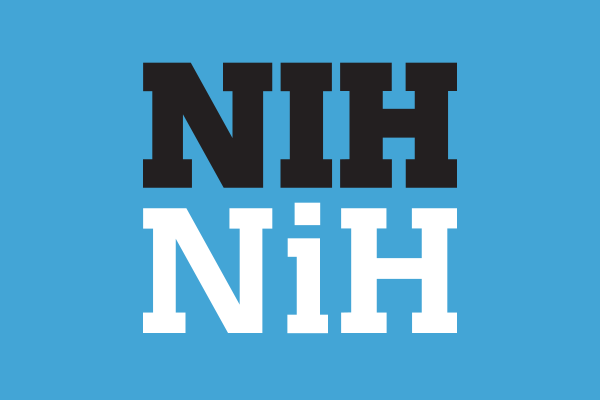Health Capsule
Tracking Symptoms After Brain Injury
 SDI Productions / E+ / Getty Images
SDI Productions / E+ / Getty ImagesA fall, car accident, or sports injury can cause a mild traumatic brain injury, or concussion. Most people will recover in a few weeks to months. But some people’s symptoms continue long afterward.
Researchers want to better understand why some people’s brains don’t heal after a concussion. This condition is called post-concussive syndrome. It may involve headaches, fatigue, or dizziness. You can also have problems with concentration. Some develop mental health conditions, like depression or post-traumatic stress disorder (PTSD).
A research team looked for ways to predict who will have long-term problems after a brain injury. They examined blood samples for signs of concussions. Such compounds are called biomarkers. The study included almost 200 military veterans. Their blood was tested for a protein called NfL (for neurofilament light chain). NfL is known to be released by damaged brain cells.
Researchers compared veterans who never had a brain injury, those who had one or two, and those with three or more. People who had three or more brain injuries were more likely to have higher levels of NfL. The veterans with more symptoms of post-concussive syndrome, PTSD, or depression were also more likely to have higher levels of NfL.
“This study brings us closer to identifying biomarkers to predict risk for PTSD, depression, and similar conditions in military personnel and others who have experienced a traumatic brain injury,” says Dr. Jessica Gill, an NIH expert on brain injury who led the study.
NIH Office of Communications and Public Liaison
Building 31, Room 5B52
Bethesda, MD 20892-2094
nihnewsinhealth@od.nih.gov
Tel: 301-451-8224
Editor: Harrison Wein, Ph.D.
Managing Editor: Tianna Hicklin, Ph.D.
Illustrator: Alan Defibaugh
Attention Editors: Reprint our articles and illustrations in your own publication. Our material is not copyrighted. Please acknowledge NIH News in Health as the source and send us a copy.
For more consumer health news and information, visit health.nih.gov.
For wellness toolkits, visit www.nih.gov/wellnesstoolkits.



